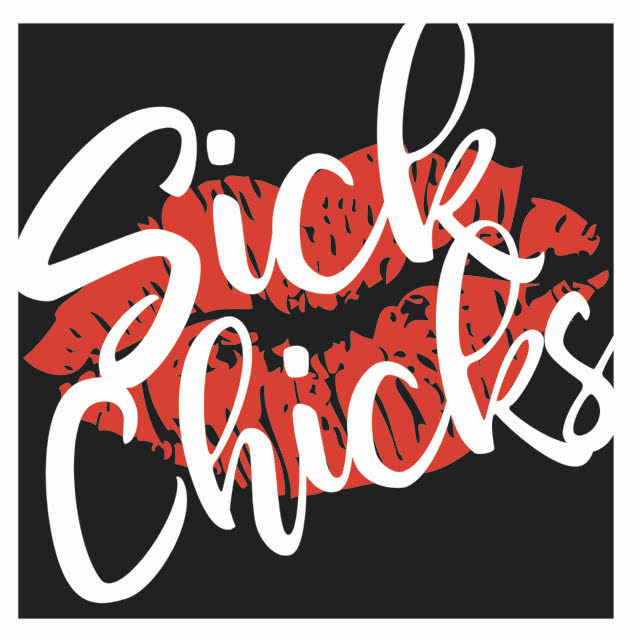It's time to talk about my good bud, marijuana.
I've always been open about my use of the medication, and I did say medication because CBD oil is one of the most valuable treatments in my regime. Over the summer I took a turn for the worst. I was having multiple seizures a week, became wheel chair bound, was in a great deal of pain, and so nauseous that I had a hard time eating. I'm not going to say that marijuana fixed me, but about two weeks after starting to use a CBD oil specifically for seizures my episodes decreased. I had an appetite again and was even able to lower my dosage of narcotics I had been taking. The combination of starting CBD oil along with the chemotherapeutic medication Gleevec got me to a place where I was able to go to college across the country and live independently.
My story is not unique. There are many other patients with varying illnesses who can attest to the power of this flower. (I know, it's not technically a flower, but the rhyme was just begging to be used.) However, not every patient who needs medical marijuana is as privileged as I am.
I'm lucky to be from a state where both medicinal and recreational, use has been legalized in addition to being a constituent of a supportive Congressman. During Rare Disease Week on Capitol Hill I was able to meet with Representative Roranbacher to discuss a myriad of healthcare issues and medical marijuana came up. I might not agree with all of his politics, but I respect that despite receiving a great deal of criticism from his party, he continues to be a strong advocate on behalf of marijuana rights along with increased research and access to affordable treatment options.
Marijuana is considered a Schedule I drug by the DEA, which is in the same category as ecstasy and heroin. A ridiculous standing especially considering studies have shown that marijuana is actually less of an addictive substance than many narcotics. Until marijuana gets reclassified, it being legal for medicinal use means nothing. Like any other medication, marijuana is expensive. If it can be moved down to a Schedule II, it can be studied under the FDA, proven to be safe and effective, and have the potential to be covered under insurance.
While having legalization in 29 states and D.C. shows steps in the right direction we still have a long way to go for true progress. No matter your stance on recreational marijuana, the benefits of medicinal marijuana cannot be ignored.


